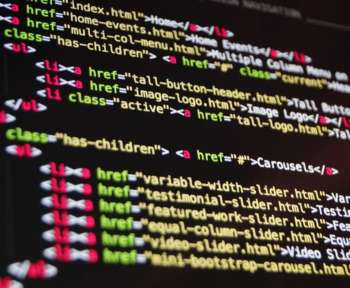Ein Konflikt bahnt sich an, manche sprechen schon von einem Krieg. Warum jetzt Vernunft gefragt ist und was es dazu braucht.
At the beginning of 2019, Chinese President Xi Jinping made a controversial announcement about the possible reunification of the Chinese People’s Republic and Taiwan. He marked that the Chinese government won’t hesitate to use the military force, if necessary. The problem is, that Mainland China claims Taiwan to be its province, while Taiwan considers itself to be an independent nation and a real China.
Short History of the Conflict
„Taiwan independence goes against the trend of history and will lead to a dead end!“
Xi Jinping
The question of Taiwan has for a long time been considered to be a problem. After the end of World War 2, ideological and military conflict in China between the communist and nationalists prevailed. Chinese Communist Party, backed by the Soviet Union, won over the US-supported Republic of China and the latter fled 180 kilometres away from continental China to the island of Taiwan. Taiwan grew stronger as an independent state and was one of the leading economies in East Asia during the 20th century. It remained the representative of China until 1971, when UN’s General Assembly vote declared People’s Republic of China the legal successor to the Republic of China (Taiwan). Both states remained in the state of war, although inactive, until the year 1991.
Current Aspects of the Conflict
The most relevant aspect of this problem is that on the one hand, Taiwan considers itself to be an independent nation. It has democratically elected government, constitution, developed economy, and strong military forces. This means that the outcome of the general election in Taiwan can set its course with China. In January of this year, pro-independent President of Taiwan Mrs. Tsai Ing-wen got the 57% vote majority over her opponent, a pro-Chinese politician campaigning for the improvement of relations with Beijing.
Although independent, Taiwan’s independence directly depends on the direct decisions made by the Chinese government. They are the possible aggressors in this conflict who are planning the invasion and state their readiness to apply force in case of not submitting to their will. It remains unclear, when and whether the attack on the island will be launched.
Further, it is not a secret that China is competing with the United States for the world hegemony. Therefore, the political actions made in Washington are crucial for Taiwan. Due to the current policy of isolation, that is strongly pursued by US president Donald J. Trump, Taiwan could remain without any support of its strategic ally in the case of war. To emphasize, the policy of isolation slowly but surely contributes more confidence to Beijing’s officials for tacking more radical steps towards Taiwan and bearing little responsibility for them.
Last but not least, international support of the western community for Taiwan is vital. Hence, if Taiwan and China cannot solve the conflict together, multilateral mediation and support would strengthen Taiwan’s position. Due to the negligence of China, Taiwan tensions may lead to a war that could have many negative consequences for international security, peace, and freedom. By getting its grasp over Taiwan, China will get more influence in the South China Sea, a crucial trade route in Asia. By having control over the international trade and shipment, China would get more international influence marked by authoritarian control, repressions and violations of human rights and freedoms.
Possible solutions
Despite the complexity of the problem, there are multiple solutions.
The first one is proposed by China in negotiations for reunification called “One country, two systems”. It has found applications in Hong Kong and Macau giving these cities special economic and governing benefits, meaning not all Mainland China laws do apply. Taiwan could try to negotiate the best deal while still avoiding armed conflict.
An alternative solution for Taiwan would be to remain with a status quo and strengthen its position on the island. This would include concentrating on preparation for defensive war, strengthening the economy and ideologically achieving maximal independence support among the citizens.
Concluding, in my opinion, the best solution for Taiwan would be by striving for international dialogue in the United Nations. Seeing as neither Taiwan wants to lose independence, nor China will set off its claims from the island, the problem can result in a severe conflict that will cost thousands of lives. Henceforth, the best way to sustain peace and security would be to use the United Nations as a medium for dialogue, referring to the guiding principle it was created wit: protecting smaller nations from the aggression of the bigger ones. The international community has to accept the danger of the current situation and act as soon as possible. The potential occupations of Taiwan bear many dangers of authoritarian aggression on weaker countries spreading worldwide. The western world was silent when China annexed Tibet, and for this reason, Beijing believes that another act of aggression on Taiwan could take place without any consequences. But we are not allowed to forget – every human life lost is a tragedy.










